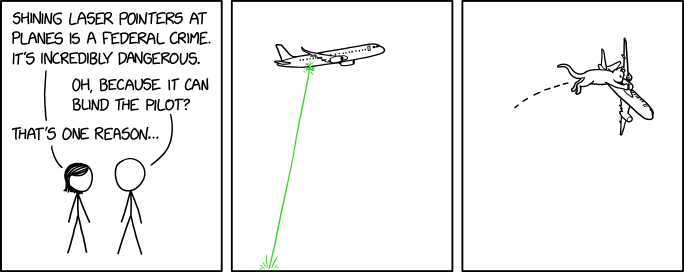dreamworld
Jul. 14th, 2025 01:11 amI keep having this dream in which I'm the eldest of 6 or 8 children who've been kidnapped, or something, and we're each going to be asked a question, some type of relevant trivia knowledge I think. But though at the time I face the first question, I think I can identify the age and gender of all the other children as well as remember what the question is that each has been asked, by the time I get through that stage of the dream, all that knowledge has vanished and the dream crumbles. (I have particular trouble remembering dreams after I wake, thus even more of the vagueness of this account.)
Speaking of trivia questions, I've been watching compilations from a British quiz program called University Challenge, in which teams of undergraduates expose their knowledge, or, if the questions are about classical music as in these compilations, their ignorance. I've gotten used to identifications of Wagner's Lohengrin as by Leonard Bernstein, or not knowing a crumhorn when they see a picture of one, but this was a real gem. Played a piece of music and told it was from an opera overture and asked to name the opera, they were stumped.
The music was a pastoral theme for English horn and flute that you've probably heard in Bugs Bunny cartoons or even Bambi Meets Godzilla, and which in the overture immediately precedes what is surely the most famous tune in any opera overture anywhere. One team guessed La bohème and the other Carmen. No, it's the Ranz des vaches from Rossini's William Tell.
Speaking of trivia questions, I've been watching compilations from a British quiz program called University Challenge, in which teams of undergraduates expose their knowledge, or, if the questions are about classical music as in these compilations, their ignorance. I've gotten used to identifications of Wagner's Lohengrin as by Leonard Bernstein, or not knowing a crumhorn when they see a picture of one, but this was a real gem. Played a piece of music and told it was from an opera overture and asked to name the opera, they were stumped.
The music was a pastoral theme for English horn and flute that you've probably heard in Bugs Bunny cartoons or even Bambi Meets Godzilla, and which in the overture immediately precedes what is surely the most famous tune in any opera overture anywhere. One team guessed La bohème and the other Carmen. No, it's the Ranz des vaches from Rossini's William Tell.
